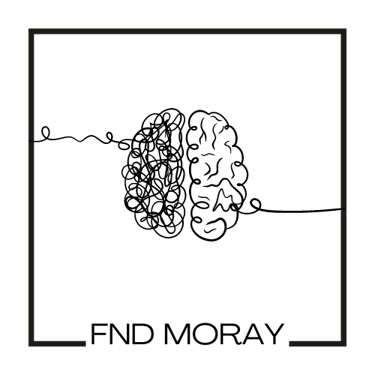You are not alone
The Importance of Peer-to-Peer Groups When Battling Functional Neurological Disorder
In this article, I will discuss the importance of peer-to-peer groups when battling FND.
Claire Faie
2/26/20251 min read
Functional Neurological Disorder (FND) is a complex and often misunderstood condition that affects the nervous system. It can be an isolating experience, leaving those diagnosed feeling alone and overwhelmed. However, one of the most effective ways to combat the challenges of FND is through peer-to-peer support groups.
When I was first diagnosed with FND, I felt like I was the only one going through it. I felt alone and misunderstood, and I struggled to find people who could relate to what I was experiencing. That's when I discovered the power of peer-to-peer support groups.
Peer-to-peer support groups are groups of individuals who have all been diagnosed with FND and come together to share their experiences, provide emotional support, and offer practical advice. These groups can be found online or in-person and are often facilitated by a trained professional or someone who has personal experience with FND.
One of the most significant benefits of peer-to-peer support groups is the sense of community they provide. When you're dealing with a chronic illness like FND, it can be challenging to feel like you're part of a community. However, when you're surrounded by people who understand what you're going through, you feel a sense of belonging and connection.
Peer-to-peer support groups also provide a safe space to share your experiences and emotions. When you're dealing with a chronic illness, it can be challenging to talk to friends and family about what you're going through. They may not understand or know how to support you. However, in a peer-to-peer support group, you can share your experiences and emotions without fear of judgment or misunderstanding.
Another benefit of peer-to-peer support groups is that they offer practical advice and resources. When you're dealing with FND, it can be challenging to navigate the healthcare system and find the right resources to manage your condition. However, when you're part of a peer-to-peer support group, you can tap into the collective knowledge and experience of the group to find the resources and advice you need.
